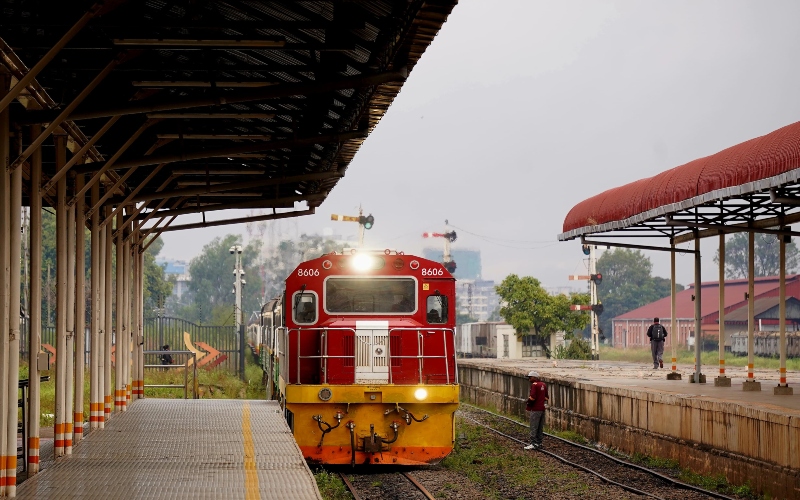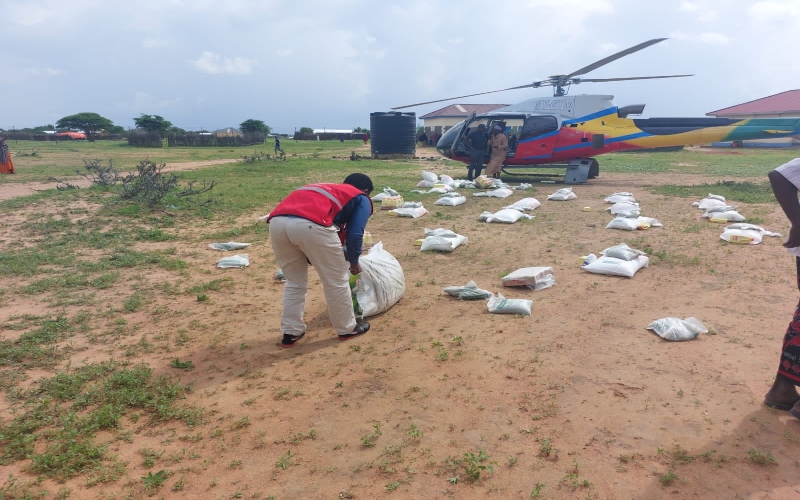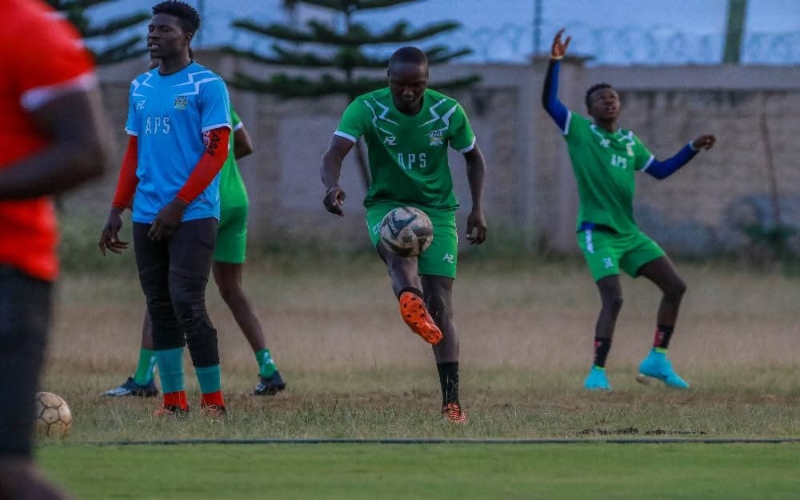Nairobi-Embakasi train service emerges as top-earning rail route

The line generated Sh17.94 million in the first six months of the year, marking a 36.3 per cent increase from the previous year.
The Nairobi-Embakasi train service has emerged as the most profitable and fastest-growing line within the Nairobi Commuter Rail (NCR) system, driven by a surge in passenger traffic and growing preference for affordable transport.
Official records seen by The Eastleigh Voice show the line generated Sh17.94 million in the first six months of the year, marking a 36.3 per cent increase from the previous year.
More To Read
- Kenya Railways adds extra Nairobi–Mombasa trains for festive season rush
- Kenya Railways banks on property sales to settle Sh2.26 billion pension debt
- Kenya to raise Sh390 billion bond for Naivasha–Malaba SGR extension
- Auditor General warns Kenya Railways’ Sh569 billion loan default could burden taxpayers
- Kisumu rail services to resume by December after 2024 flood damage
- Tanzania's SGR train derails at Ruvu, operations temporarily halted
This rise outpaces the Nairobi-Ruiru route, which recorded a smaller growth of three per cent, earning Sh16.2 million compared to Sh15.73 million during the same period.
Passenger numbers on the Embakasi line also climbed sharply to 321,659 in the six months to June, a 22 per cent increase from 263,736 a year earlier.
By contrast, the Ruiru route saw only a slight rise in users, from 296,562 to 301,909 over the same period.
The growing popularity of the Embakasi line reflects a broader trend of rising commuter rail usage in Nairobi.
Thousands of residents and workers from surrounding towns now rely on the NCR to travel into the city’s central business district, seeking faster and more cost-effective alternatives to road transport.
Kenya Railways Corporation (KRC) manages 11 commuter lines connecting Nairobi to key towns, including Nanyuki, Ruiru, Kahawa, Embakasi, Athi River, Kikuyu, Limuru, Lukenya, and Syokimau.
Among these, Diesel Multiple Units operate on the Nairobi-Embakasi and Nairobi-Syokimau lines, offering higher frequency and reliability for daily commuters.
Across all NCR routes, revenue climbed 12 per cent to Sh74.87 million in the first half of the year, while overall ridership increased by 3.9 per cent to 1.26 million passengers.
The affordability of the rail service has been a major draw. Commuters pay a maximum of Sh80 for a one-way trip within Nairobi, compared to upwards of Sh100 for PSVs covering the same routes.
This cost advantage, combined with reliability and reduced travel time, has made trains the preferred option for many daily passengers.
The current performance of the Embakasi route builds on initiatives started under the previous administration, when KRC revived city commuter trains to improve revenue and address Nairobi’s chronic transport challenges.
Top Stories Today













































